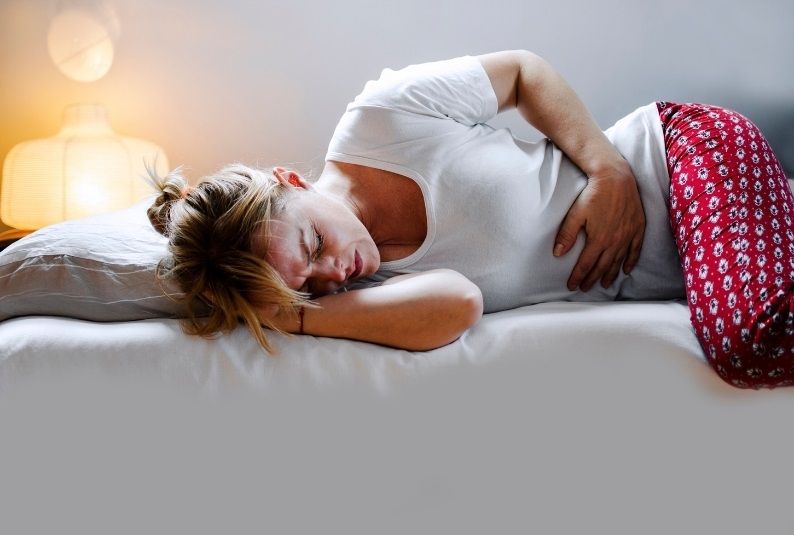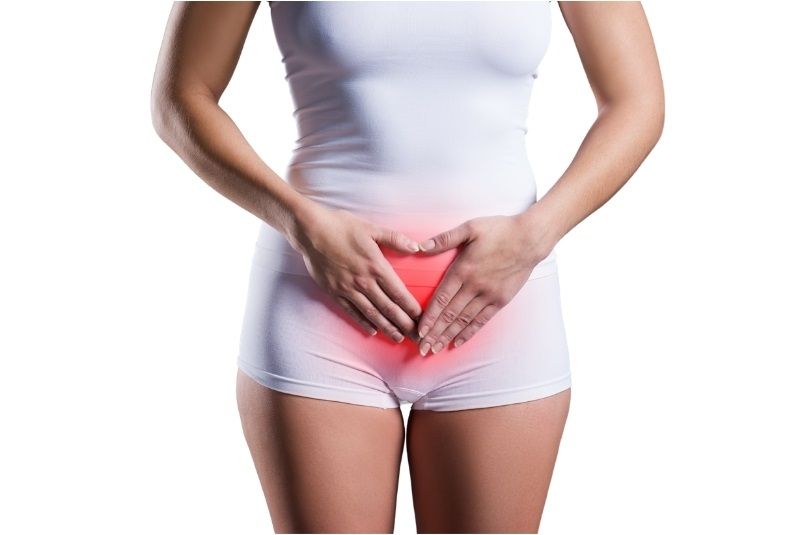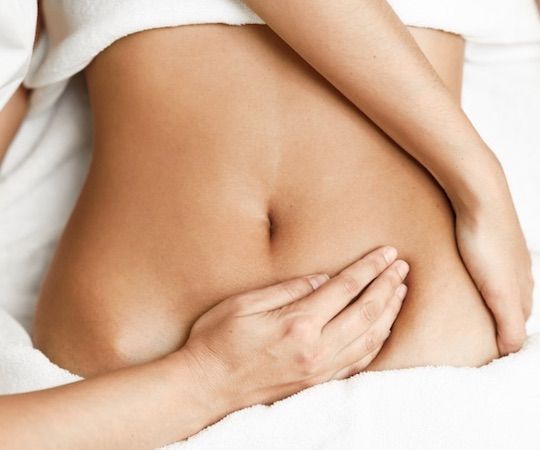Pelvic Pain
Our pelvic floor muscles are often overlooked or forgotten about entirely, but they play a main role in supporting your pelvic floor organs, are an important part of the 'core', help to achieve an orgasm and allow for penetration as well as keep your bladder in check. If they become damaged or weakened, your body will soon tell you that something is wrong – you will start to experience a range of uncomfortable and sometimes debilitating symptoms that will soon begin to interfere with your comfort and mobility.
PelviCare’s team of London-based women’s physiotherapists work to alleviate pelvic pain using a wide variety of tried-and-tested therapies that will rehabilitate and restrengthen the pelvic floor muscles. The staff at our specialist clinic in Greenwich will identify the root cause of your pain, then develop a treatment plan that will release the hypertension, help you achieve a normal resting tone, and strengthen your pelvic floor to reduce your discomfort and prevent future injury.
What causes pelvic pain?
The pelvic muscles generally begin to ache after they have been overused or overworked. Additionally, certain activities will place too much of a load on your pelvic floor, triggering specific pain points in the muscles that will lead to sharp, stinging pains and enhanced sensitivity. Tight pelvic muscles will also begin to weaken over time, exacerbating the problem further and leading to a range of issues, including incontinence, frequent urination, painful urination, and pain in your lower back and pelvic region.
Childbirth is a major cause of pelvic pain, as pressure from the baby’s head can place extreme pressure on the pelvic muscles – but certain medical conditions can also contribute to a tight, painful pelvic floor, including:

Endometriosis
Interstitial Cystitis (IC) - Bladder Pain Syndrome
Painful intercourse (dyspareunia)
Vaginismus
Vulvodynia
Coccyx Pain
Will pelvic pain go away without physiotherapy?
Many women decide to wait and see if their pelvic floor muscles will become less painful over time – but without proper therapy, it’s very unlikely that the damage will be reversed naturally.
Don’t ‘wait and see’. Contact PelviCare today to discuss your concerns with one of our trained pelvic pain physiotherapists and start your journey to becoming pain-free for good. A member of staff will talk to you about the symptoms you are experiencing, then carry out a full examination to determine the underlying problem. From there, they will put together a treatment plan that will get you feeling happy, healthy and confident again in no time at all. And the most important - pain free.

How can you ease pelvic floor pain?
-
Relearn how to relax your pelvic floor muscles. This will go some way to reducing the tightness and relieving some of the discomfort.
-
Practice pelvic floor exercises. Our physiotherapists will be able to teach you a series of stretches and movements that will gradually relax your pelvic floor and rebuild up your pelvic floor strength.
You can also minimise pelvic pain by:
- Avoiding heavy lifting
- Avoiding abdominal or core-based exercises
- Taking a warm bath
- Taking time to rest, especially if you are feeling tense or stressed
